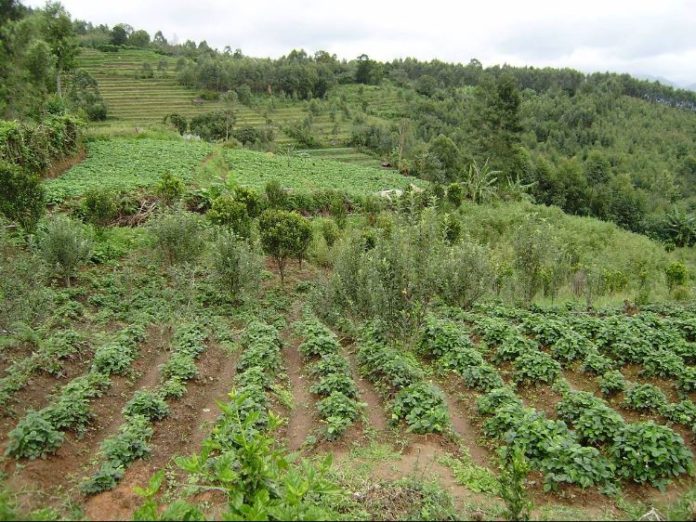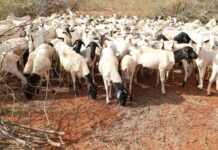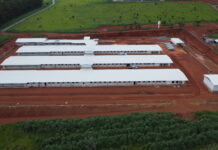Farmers in Trans Nzoia County in Kenya have been urged to embrace diversification in crop production to boost their sources of livelihood and improve living standards.
County Executive Committee Member (CECM) for Agriculture Mrs. Mary Nzomo appealed to farmers to exploit the region’s favourable weather patterns and arable soils and increase their sources of income through crop diversification.
“Trans Nzoia County is endowed with favourable annual weather conditions that oscillate between long and short rains throughout the year. Thus, it is time farmers embraced the agribusiness model of crop production and reduce over-dependence on maize production,” noted Nzomo.
Advantages of crop diversification
Some of the advantages of crop diversification, including key among them climate change mitigation, facilitation of several employment alternatives to farmers, boosts sources of income and boosting the country’s food security as well as foreign earning through exportation.
Nzomo emphasised the farming method also helps in reducing risk factors thereby ensuring the farmers do not lose all of their resources in case of adverse weather conditions that do not favour crop production.
“In addition, since multiple crops can be harvested from a small field, the production increases tenfold, which ensures a substantial amount of income. By planting maize on the same piece of land, chances of completely dealing with the problem of destructive pests like the Fall Army Worms are slim. This is because a farmer that plants maize in both short and long rain seasons inadvertently provides enough food for the worms,” Nzomo explained the significance of crop diversification to the farmers.
Nzomo also identified sunflowers, Irish potatoes, sorghum, millet, carrots, groundnuts, African leafy vegetables and soya beans as some of the best early maturing crops with most of them classified as drought resistant, besides their nutritional value.








